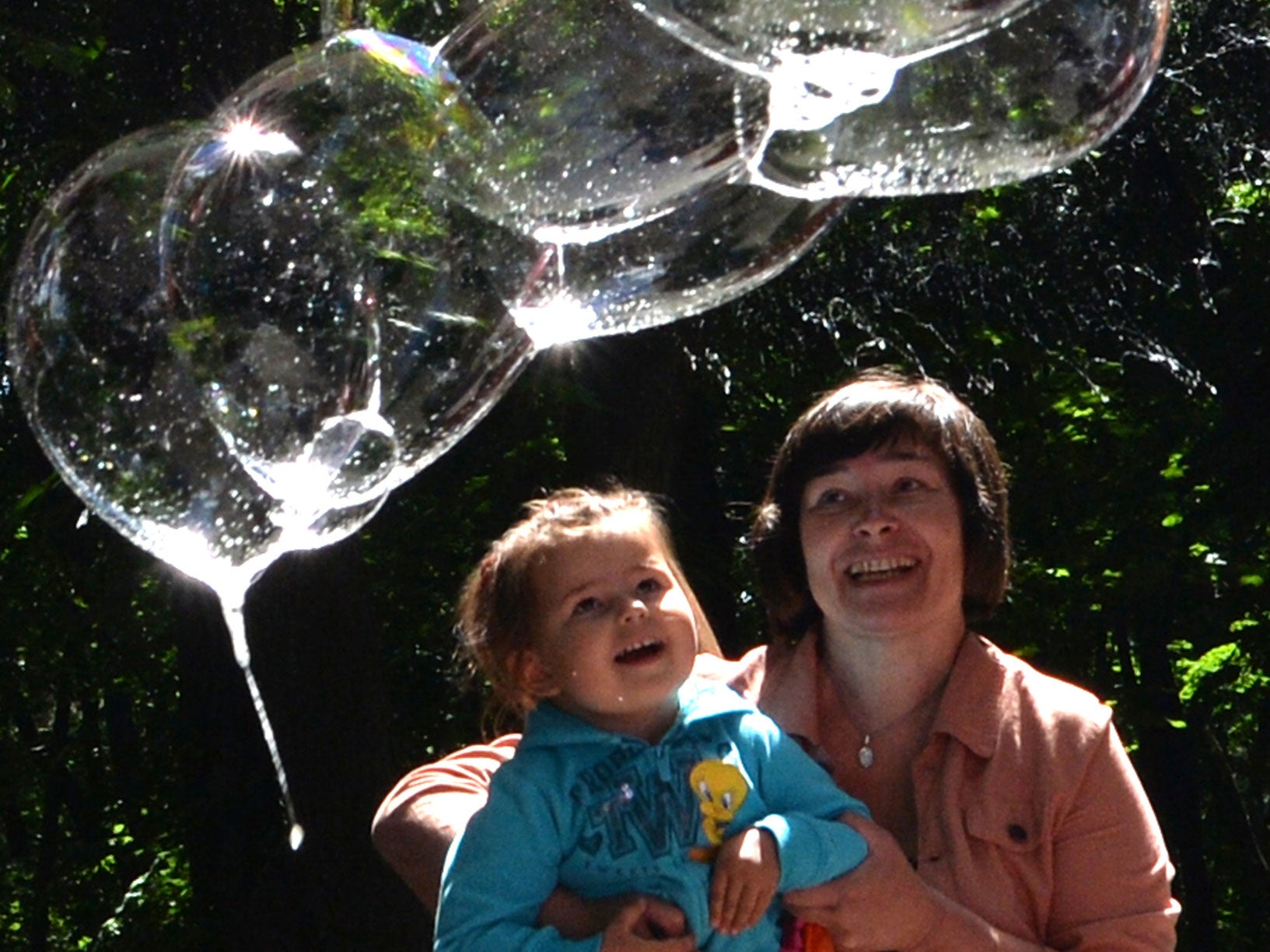It's no surprise that people with autism have a low life expectancy. Our needs as adults are being ignored
Loneliness, depression and other mental health problems are also common for autistic adults, who are often forced to live without support because money is invested in newly-diagnosed children and their parents

Your support helps us to tell the story
From reproductive rights to climate change to Big Tech, The Independent is on the ground when the story is developing. Whether it's investigating the financials of Elon Musk's pro-Trump PAC or producing our latest documentary, 'The A Word', which shines a light on the American women fighting for reproductive rights, we know how important it is to parse out the facts from the messaging.
At such a critical moment in US history, we need reporters on the ground. Your donation allows us to keep sending journalists to speak to both sides of the story.
The Independent is trusted by Americans across the entire political spectrum. And unlike many other quality news outlets, we choose not to lock Americans out of our reporting and analysis with paywalls. We believe quality journalism should be available to everyone, paid for by those who can afford it.
Your support makes all the difference.A recent study from Sweden was groundbreaking – the first major research to determine that people with autism die at a much younger age than the general population. As someone living with autism, I am not surprised to learn about my relatively low life expectancy. But what is intriguing is that low life expectancy is not only a problem faced by people with severe cases of autism, where completing everyday tasks is difficult, but also for those like me who have a ''high-functioning'' form of the condition, and who can live and work autonomously despite their diagnosis. So why does this happen?
When you have high-functioning autism, you are acutely aware of the shortcomings in your life compared to other people you know who don't have autism. These challenges often give rise to anxiety and other mental health difficulties. In fact, people with autism often live with other conditions on top of their initial diagnosis. Epilepsy, depression, ADHD, OCD, and Parkinson's disease at an older age, are all common in people who are already living with autism.
The suicide rate for the 1 per cent with autism is also higher than the average population, and loneliness is a common problem too, especially among older autistic people.
These additional health difficulties may go some way to explaining why death at an early age is more common in people with autism, but there are other factors too.
Medication is also a problem. Most people with autism take some sort of medication, either for mental health difficulties or to manage other symptoms or complications. Many of these treatments, especially when taken over the long term, have troubling and dangerous side effects that can lower life expectancy.
And while it’s great that a lot of resources are being offered to young people with autism, there’s less support out there for adults like me living with autism. I was diagnosed almost 15 years ago, as a teenager, and support was there at the time. Now I’m an adult, though my condition and needs are the same, it isn’t.
Autism is not the kind of condition where someone is ''cured'' at the age of 18. The challenges faced by people with autism change and evolve, and perhaps they are different at an older age – but they don’t disappear. Loneliness, isolation and the lack of social capital is a major problem for adults with autism and these problems could make the life of an older person very miserable indeed. No wonder the suicide rate is higher among autistic adults.
This Swedish study is a stark reminder that we need to change the way that we see autism. Today is World Autism Awareness Day, and now we know where and how attitudes need to change. The discourse on autism should not be a conversation only between the parents of children with autism, but also among adults living with autism and the wider public. If autistic people feel able to communicate their fears, hopes and desires – and especially their need to seen not as the token person with autism, but as a complete person with their own qualities and strengths – then their needs will be better met, and life expectancy may begin to rise.
By finding concrete ways to make life for those with autism better, people like me can look forward to a longer, more fulfilling life.
Join our commenting forum
Join thought-provoking conversations, follow other Independent readers and see their replies
Comments